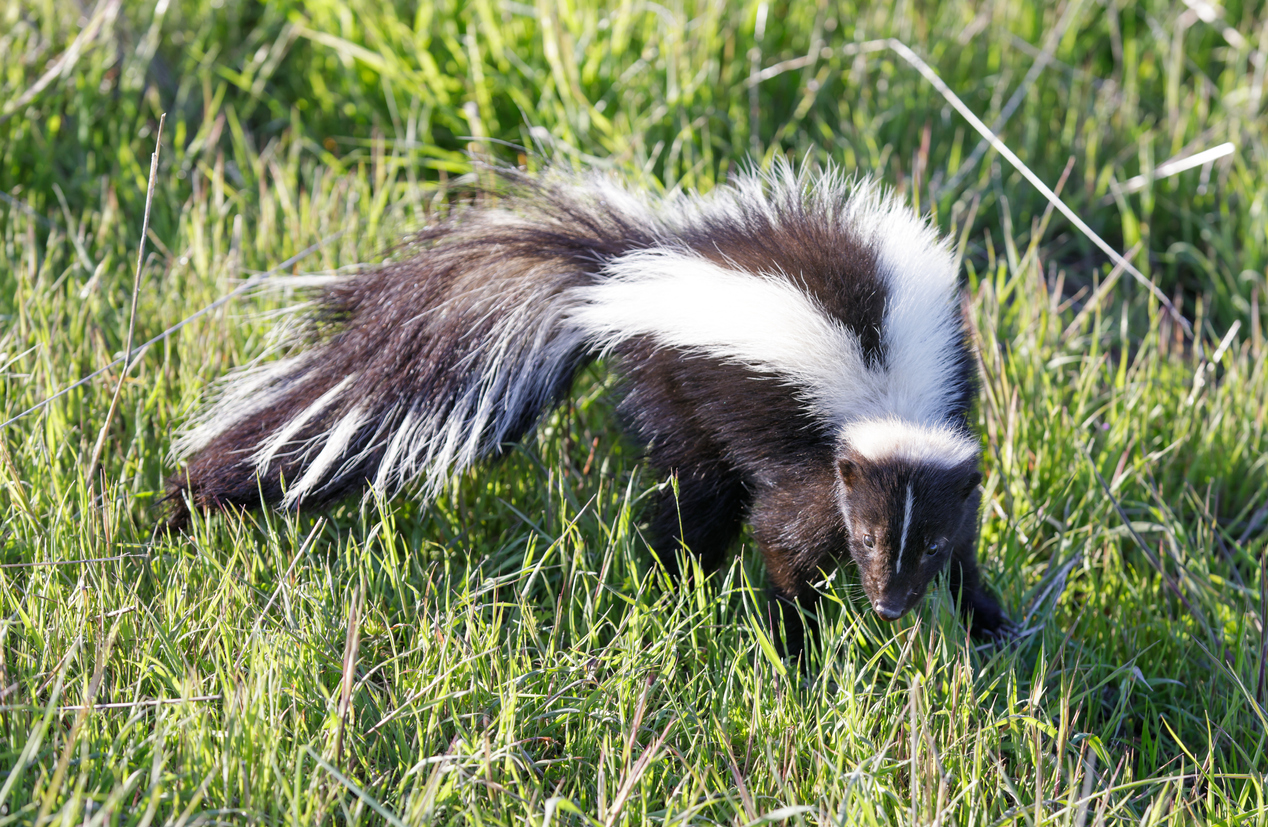 BISMARCK, N.D. – The North Dakota Department of Agriculture (NDDA) and the North Dakota Department of Health (NDDoH) are reminding the public to be aware of the risk of rabies. Rabies is a viral infection that affects mammals, including humans. In the United States, the virus circulates in wild animals and is most commonly found in bats, raccoons, skunks, coyotes, and foxes. Rabid wildlife can transmit rabies to unvaccinated cats, dogs, and farm animals, which then pose a threat to people.
BISMARCK, N.D. – The North Dakota Department of Agriculture (NDDA) and the North Dakota Department of Health (NDDoH) are reminding the public to be aware of the risk of rabies. Rabies is a viral infection that affects mammals, including humans. In the United States, the virus circulates in wild animals and is most commonly found in bats, raccoons, skunks, coyotes, and foxes. Rabid wildlife can transmit rabies to unvaccinated cats, dogs, and farm animals, which then pose a threat to people.
“Rabies is 100% preventable,” said Assistant State Veterinarian Dr. Sarah Bailey with the NDDA Animal Health Division. “Keep your pets and valuable livestock up to date on rabies vaccinations. If your pets tangle with skunks, racoons or other wildlife, you should call your veterinarian.”
The virus is most often transmitted through the bite of an infected animal. Rabies can also be transmitted if saliva or nervous system tissue from a rabid animal enters open cuts and wounds or the eyes, nose, or mouth. The virus attacks the nervous system and causes swelling of the brain. There is no treatment and rabies is nearly always fatal.
“You should seek medical care as soon as possible if you are bitten by an animal,” said Laura Cronquist, epidemiologist with the NDDoH. “If the animal is a healthy dog, cat, or domestic ferret, it should be confined and held for observation for 10 days to rule out the risk of rabies virus transmission. If you were bitten by a wild animal, the animal should be euthanized and tested for rabies.”
The NDDoH and NDDA recommend taking the following precautions to decrease the risk of rabies:
- Keep dogs, cats, ferrets, and horses up to date on vaccinations for rabies. Your veterinarian can advise you on current vaccination recommendations.
- Try to keep stray animals and wildlife, especially skunks, away from pets and livestock.
- Do not leave exposed garbage or pet food outside, as this may attract wild or stray animals to your home or yard.
- Do not approach unfamiliar or wild animals.
- Learn how to prevent animal bites, especially to children. Teach children never to handle or approach unfamiliar animals without permission from a parent or guardian and the animal’s owner.
- Report stray animals or animals acting unusually to local animal control.

